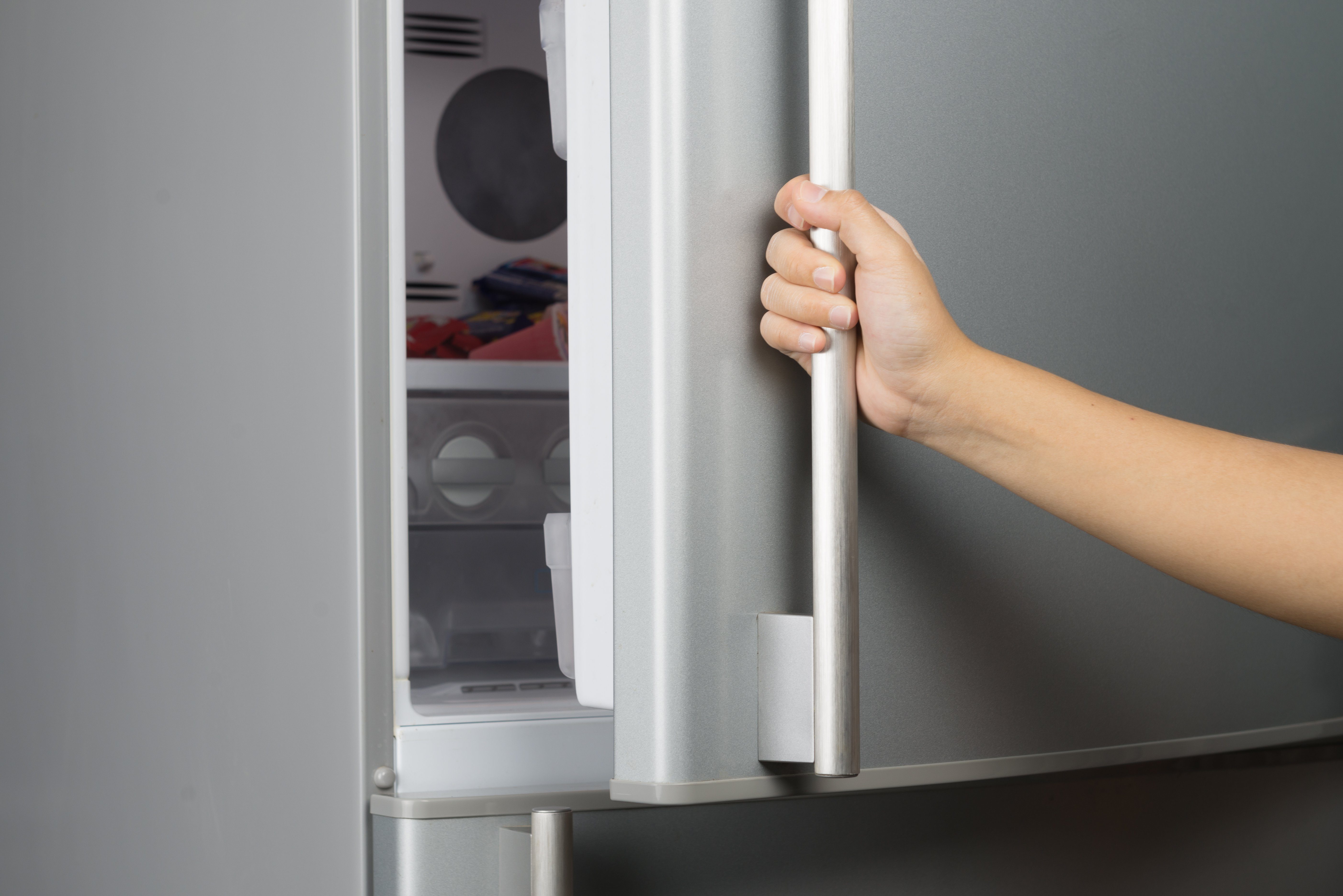
You’re not cleaning the internal mechanics
“If the defrost drain is clogged with debris or frozen, the water dripping off the coils will overflow the drain trough and drip into the bottom of your refrigerator,” fridge maintenance experts at the Repair Clinic told Reader’s Digest. Not only can this overwork your fridge, leading to a shorter lifespan, but it can also potentially cause your fridge/freezer to leak water all over your kitchen floor.
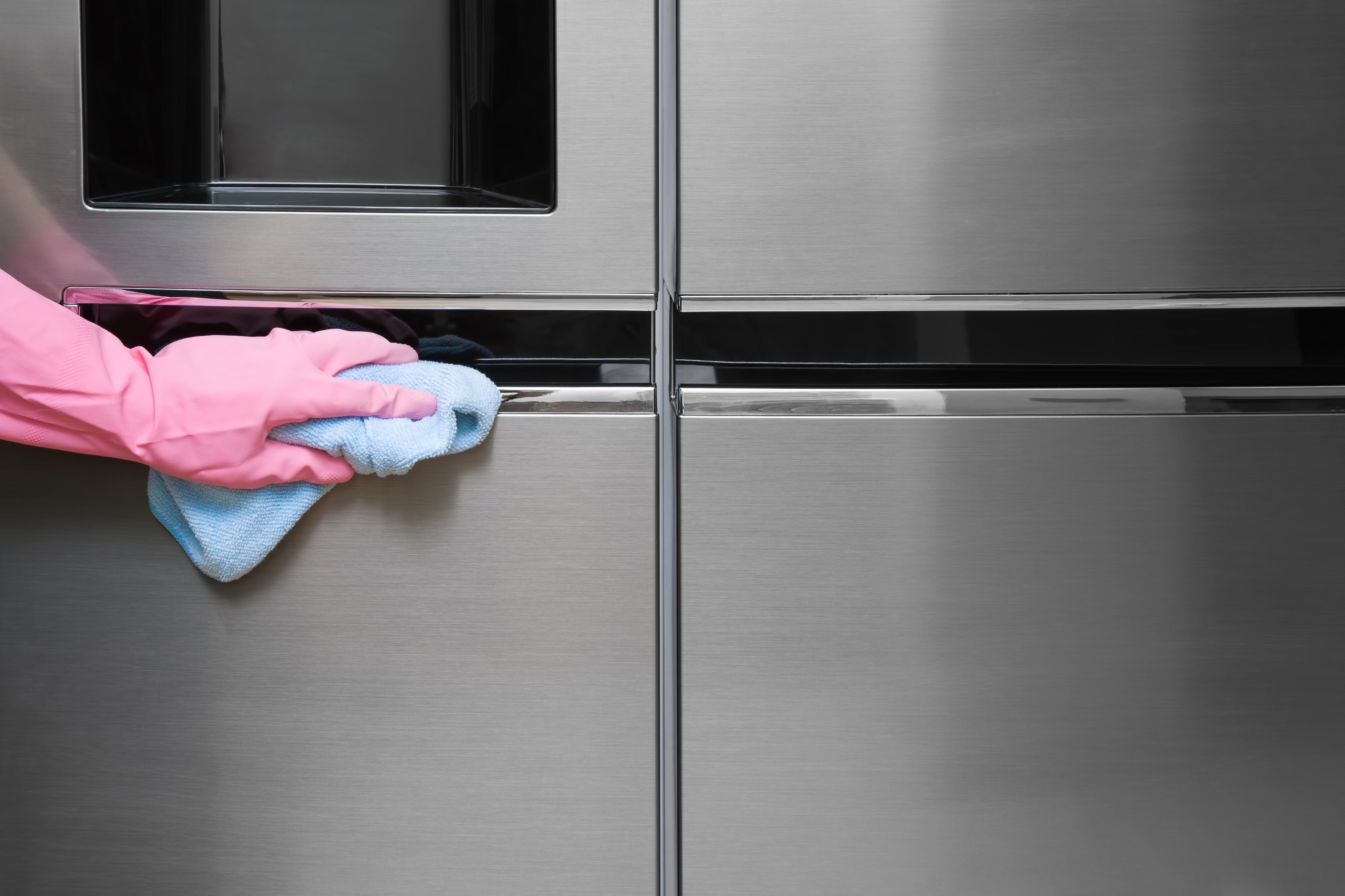
You’re not cleaning the fridge itself
Debris, foodstuff, sticky spills, and more common food mishaps that stay on the gasket of the refrigerator’s door too long can tear or break the seal of the door, causing a leak that allows cold air to escape. In order to keep your fridge in tip-top shape and working for a long time, be sure to wipe down the door edges often.
Here’s how to clean absolutely everything in your kitchen, according to Charles the Butler.
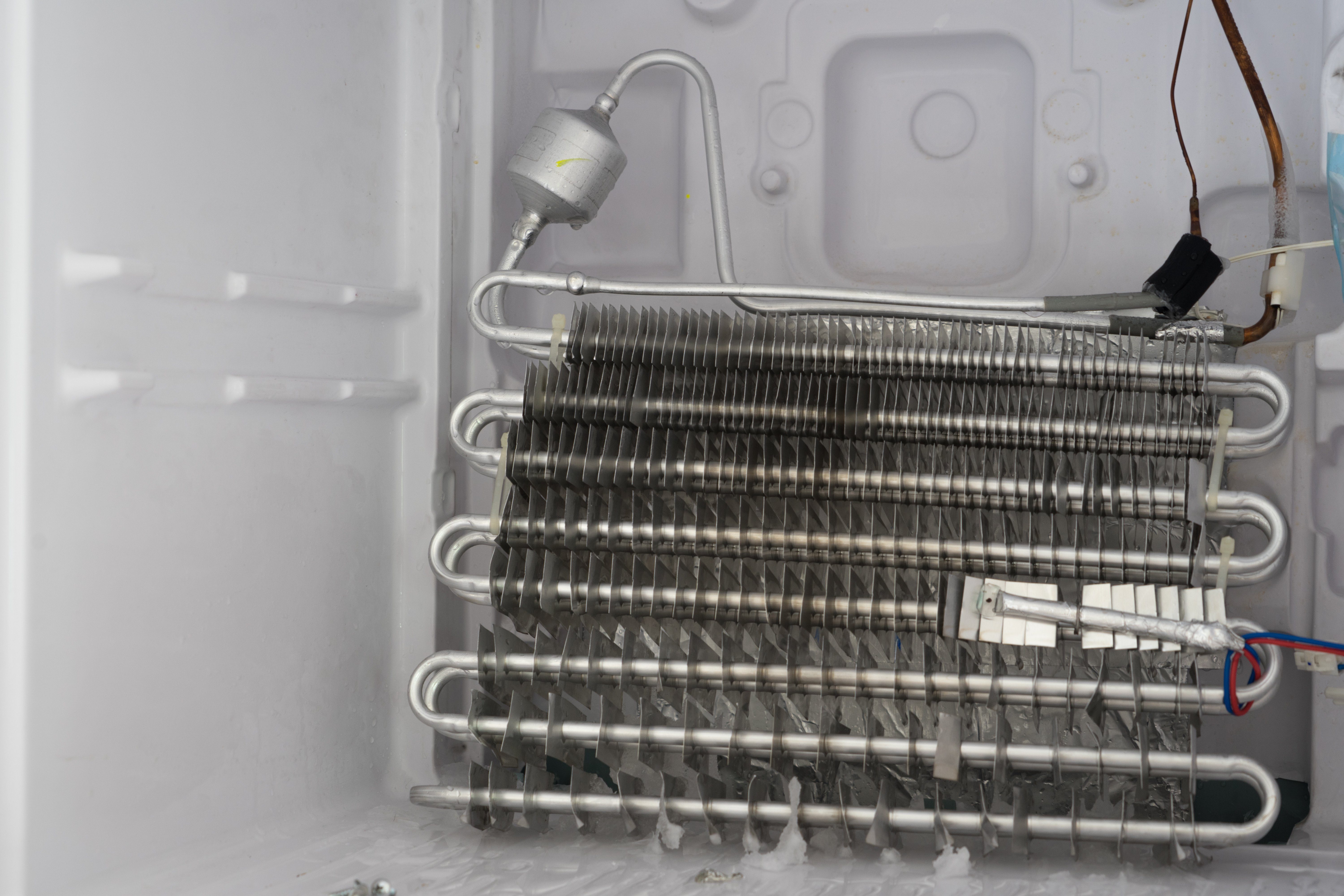
You’re not cleaning the coils
According to Family Handyman, you can eliminate more than 70 percent of service calls for your fridge simply by cleaning your coils once a year. (Family Handyman recommends upping that to twice a year if you have furry pets.) Debris on the coils can stop your fridge from properly dissipating heat which means that your compressor will be working harder and longer than it was designed to, using more energy and shortening the life of your fridge.
Here are more kitchen appliance mistakes you didn’t know you were making.
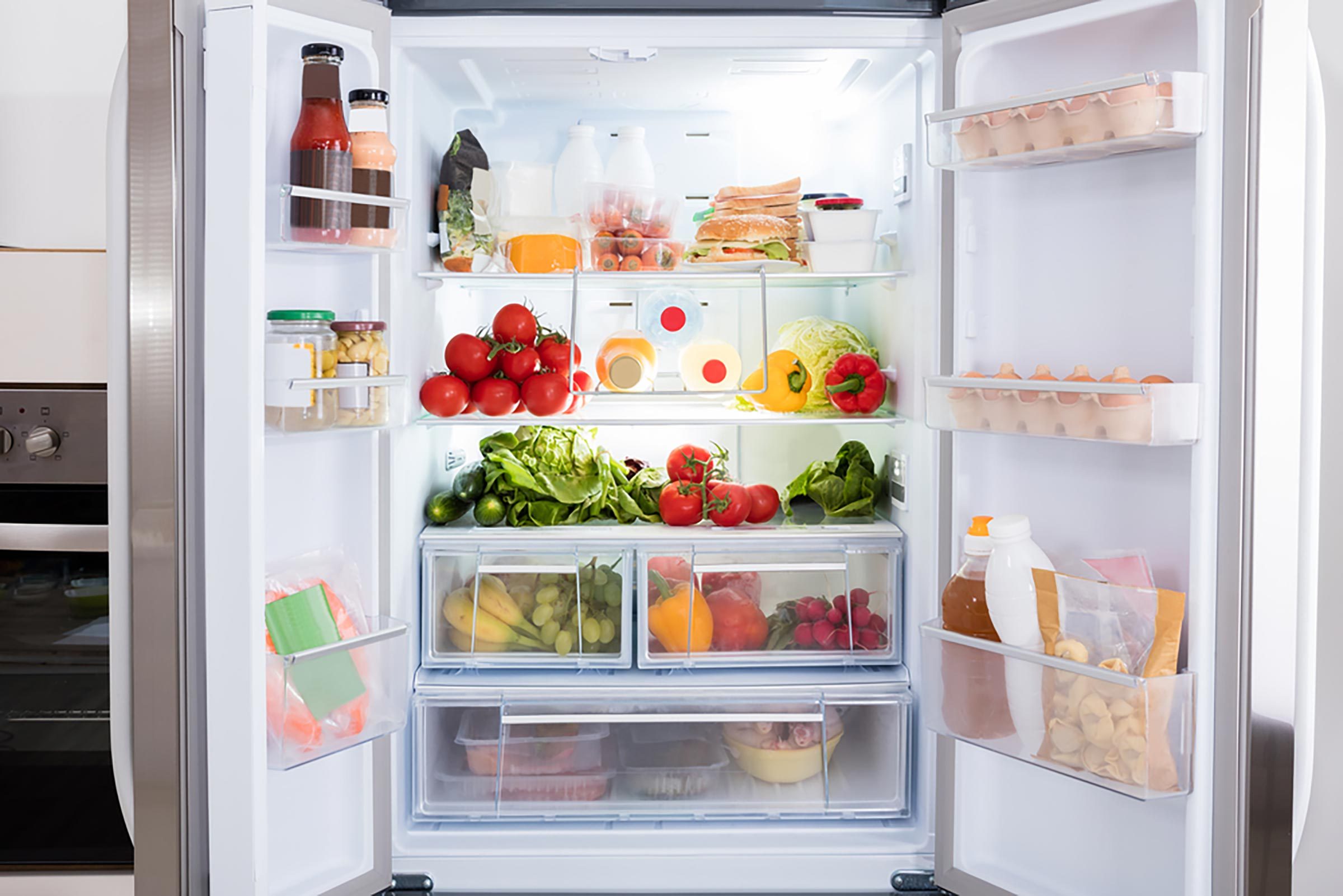
It’s too full
We’ve all played a few games of Tetris with our refrigerator after we get home with the groceries, but be careful when stocking up and storing. While this isn’t a huge problem with newer models, some older models have fan blades that are less protected. You may even be able to see the fan blades in your freezer or fridge.
Cramming your food into the fridge and freezer to the point of applying undue pressure on this small part can affect its shape and fit among related parts of your fridge, which means that it might break or struggle to do its job. In order to avoid overfilling your fridge, be sure to do a deep clean of the contents of your fridge every once in a while and toss all expired and unwanted items.
Find out the best fridge temperature to keep food fresh—and safe.
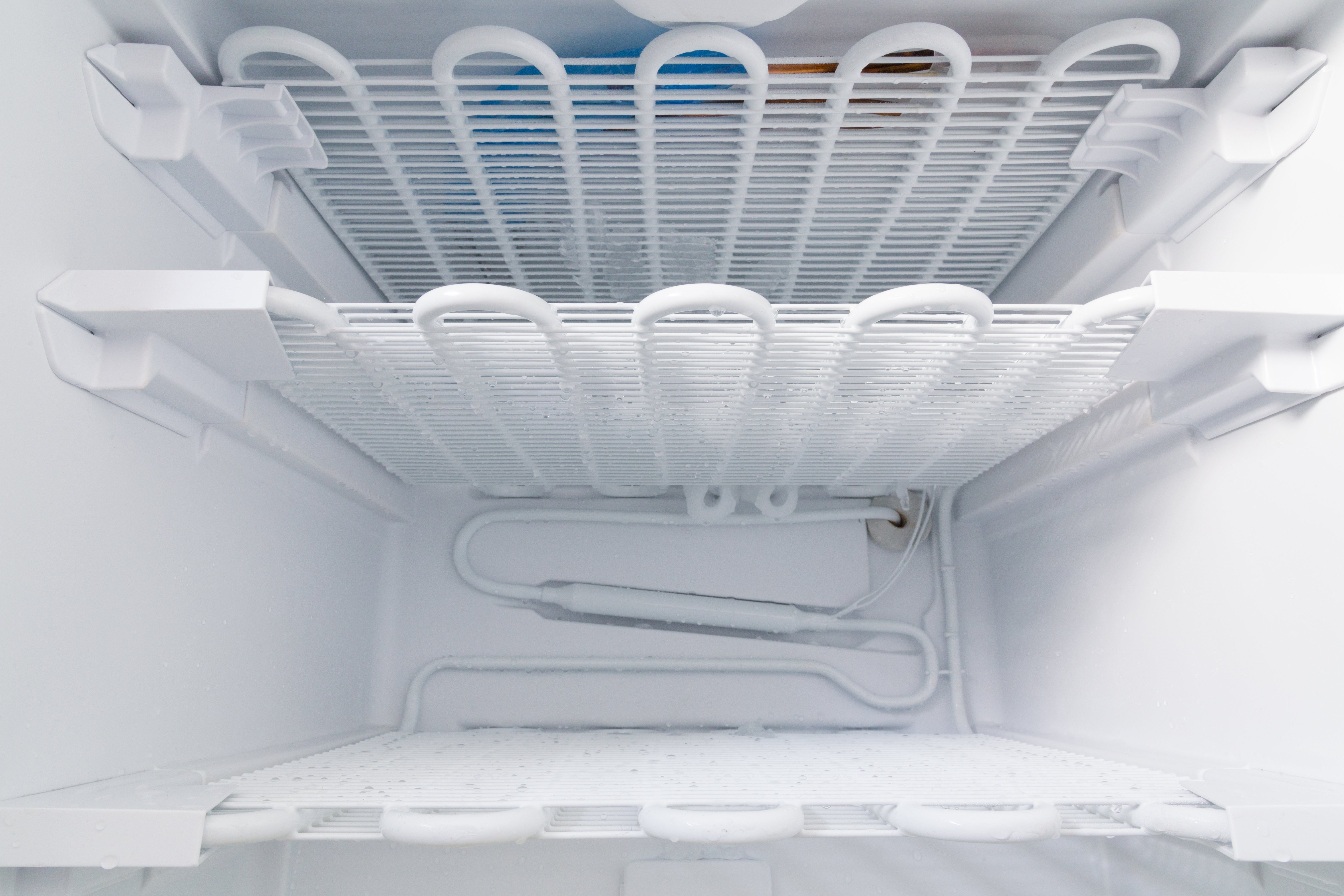
Your freezer temperature is too high
Ideally, the temperature should be set between -18 to -15 degrees Celsius, say experts at Repair Clinic. The wrong freezer temperature can affect the longevity of your ice maker, as well as the safety of the food you’ll be eating. A temperature higher than -15 degrees Celsius can also cause the defrost thermostat to stop working which in turn, overworks your refrigerator and shortens its life.
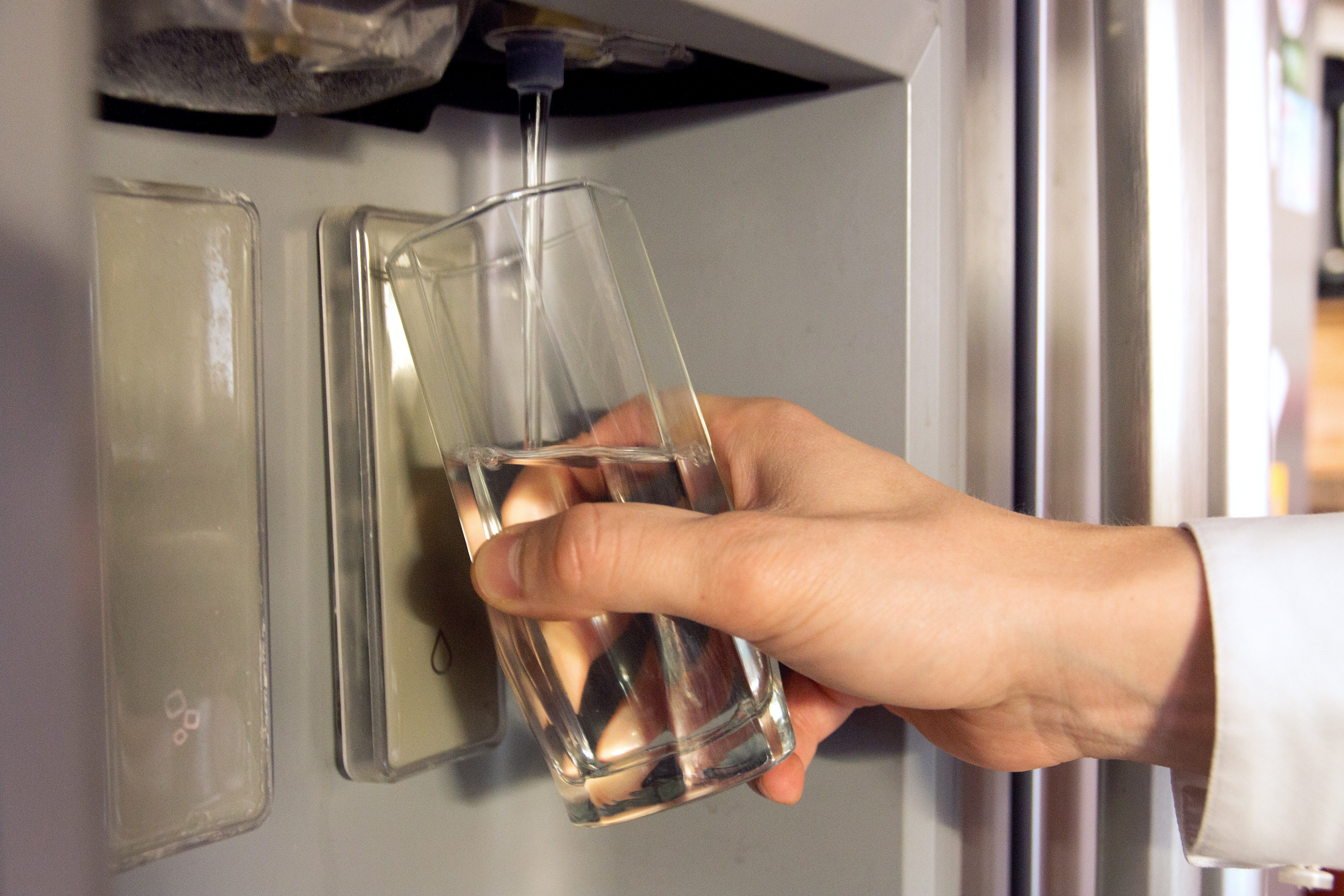
You’re not changing the water filter often enough
If you have the type of fridge that makes ice—with the dispenser either within the freezer or on your door—the water filter is key to keeping this part of your refrigerator in great condition. An old, broken, or dislodged water filter can create all kinds of problems for your fridge. At best, your ice dispenser breaks. At worst, your fridge overworks itself to an early death and you’re stuck footing the bill for a new one. Luckily, CNET reports that you will likely be able to detect this problem early as your ice cubes will start coming out smaller, oddly shaped, or not at all.
Here’s what it could mean if you see grey ice cubes in your freezer.

You ignore weird noises or constant running
If you notice that your fridge is always running, or is running louder than usual, do something about it right away. Some fixes are easy enough that you can do yourself, but even if that’s not the case, ignoring professional maintenance when it’s required is a good way to put an early expiration date on this expensive appliance. Depending on the age of your fridge, you may want to decide not to fix it, and instead invest in a new, more energy- and cost-efficient model.
Next, find out the surprising ways you’re shortening the life of your dishwasher.